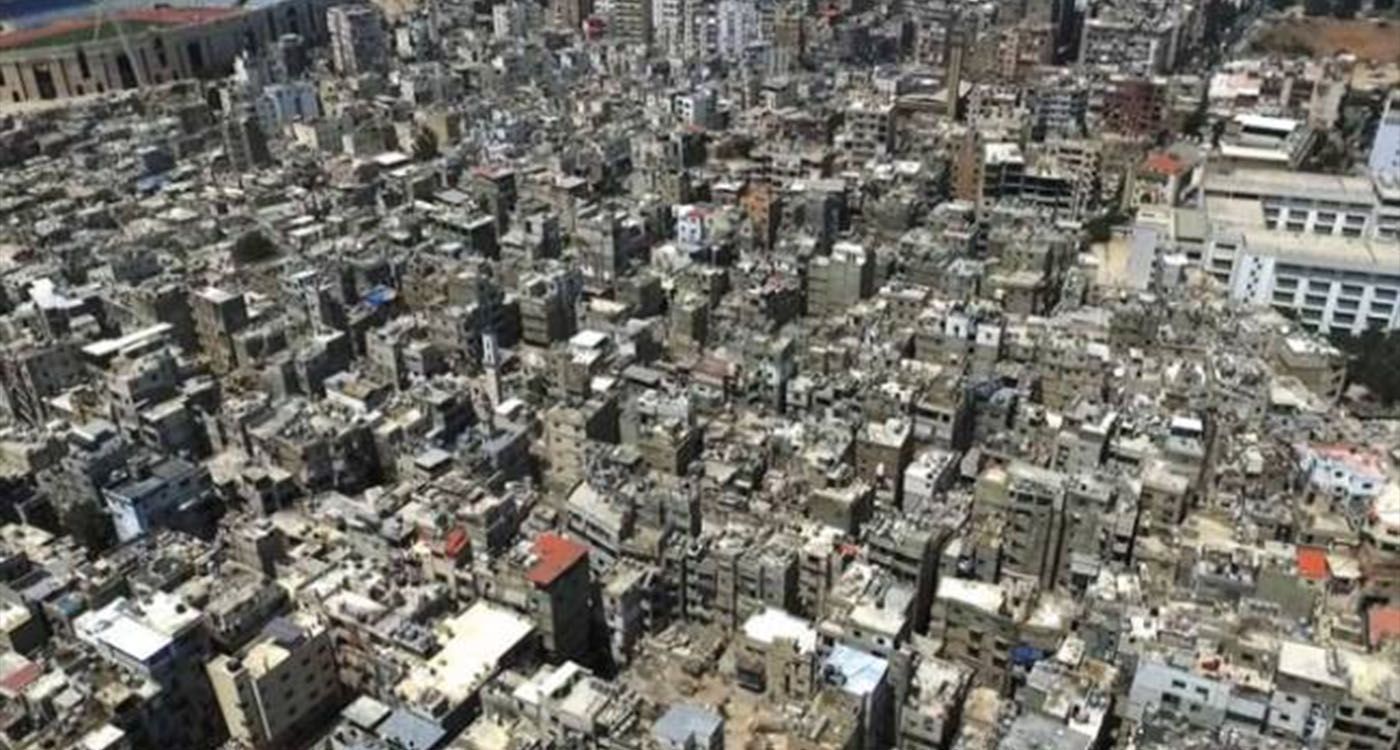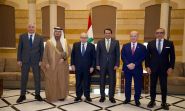
Lebanese and Palestinian officials face a looming deadline to implement the first phase of a long-delayed plan to disarm Palestinian refugee camps, set for June 15. However, sources suggest the process is unlikely to unfold as Lebanese authorities had hoped, with several key details still unresolved.
Palestinian representatives say they are still awaiting confirmation of a meeting with Lebanese officials, including General Security chief Major General Hassan Shoucair, to coordinate next steps. The meeting, initially planned for after Eid al-Adha, has yet to be scheduled.
So far, Lebanese authorities say they have not seen credible signs of a serious commitment to disarmament in the Mar Elias, Shatila and Burj al-Barajneh camps in Beirut. Officials note that any serious intent will only become clear through concrete action expected around June 15 or 16. But official Palestinian factions appear unable to convince other, non-aligned armed groups to surrender their weapons. This remains the main stumbling block, which Lebanese authorities have left to the Palestinians to resolve, as the Lebanese security forces are unwilling to engage in a direct military confrontation that could destabilize the camps and endanger civilians.
Lebanese officials view this impasse with growing concern, attributing it to a mix of internal Palestinian divisions and external political influences. Groups like Hamas and Islamic Jihad remain firmly opposed to disarmament, citing their ongoing struggle with Israel and a belief that armed resistance is essential to reclaiming Palestinian land, a stance that mirrors Hezbollah’s position on its own arsenal.
Meanwhile, extremist factions and criminal gangs within the camps refuse to submit to either Palestinian or Lebanese authority, deepening the crisis that threatens to derail efforts to restore order.
Sources also indicate that some Palestinian groups are using the disarmament issue as a bargaining chip, expressing frustration over what they see as vague promises from the Lebanese side, especially regarding the long-delayed approval to bring construction materials into the camps. They are now demanding that such commitments be implemented immediately.
Failure to implement the first disarmament phase would severely undermine Lebanese State authority and the current government, signaling to the international community Lebanon’s ongoing struggles with critical national issues. This would hamper efforts to rebuild institutions and assert full sovereignty, a key condition for continued international support.




Comments